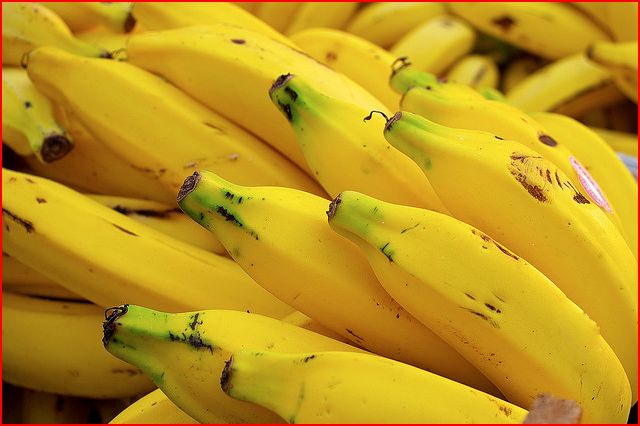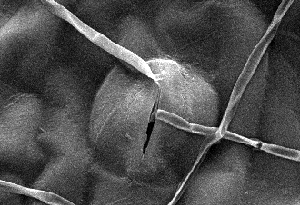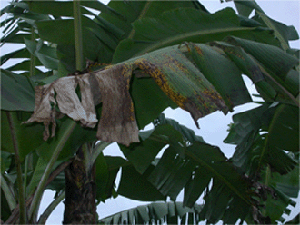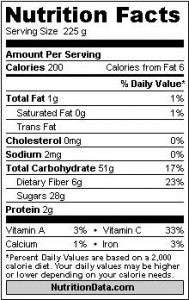Bananas are one of the most popular fruits in the world. It is cheap, tasty, and nutritious.
They are very rich in nutrition. At only 110 calories per 4-ounce offering, high concentration of vitamin B6, which plays a significant role in fighting infection, is contained. Also, bananas are rich in potassium and fiber. It is known that bananas are the staple diet for half billion people in Asia and Africa.
While the fruit itself is loved as an important dietary staple, the other parts of plants are used as food, clothing, paper, and tableware.

A box made with banana paper via a company DwellSmart by Terracycle
However, we will be saying good bye to beloved bananas. It is estimated that they will be extinct in about 10 years.
What are threatening bananas?
We have been consuming almost only one type of banana: Cavendish banana, which makes up 99% of consumed bananas.
They have a critical problem. Cavendish are seedless and cannot reproduce sexually, so all plants of a single variety are grown from cuttings. Basically, they are clones of one another and equally vulnerable to diseases. Because Cavendish are genetically identical, if one member of population is attacked by bacteria, then the whole population will be killed soon.
There are three types of diseases that are threatening bananas:
- Panama disease, caused by a soil fungus, which wiped out the Gros Michel variety in the 1950s
- Black sigatoka, another fungal disease which has reached global epidemic proportions
- Pests invading plantations and farms in central America, Africa and Asia alike.
Among the three types of disease, the most threatening type of Black sigatoka. It first appeared 20 years ago in Malaysia. At first time, it spread slowly, but not it is moving at a rapid speed.
You might be wondering why farmers don’t use pesticide to kill bacteria. It is reported that as soon as a new fungicide is used to kill bacteria, surprisingly, bacteria develop resistance. Fungicide is very ineffective against the bacteria, especially against the black sigatoka.
Another type of diseases which endangers bananas is black leaf streak disease, which is caused by fungus Mycosphaerella fijiensis.
This fungus kills banana plants by affecting leaf photosynthesis, and causes premature ripening.
“It starts with small flecks and spreads to the whole banana leaves – the disease can totally destroy the whole banana plant,”Stephanie Robert, a molecular virologist said.
Then what do we have to do?
At this moment, only genetic modification (GM) is solution. With the traditional techniques of selective breeding, ones with ability to resist against disease will be developed and they will be cloned.






